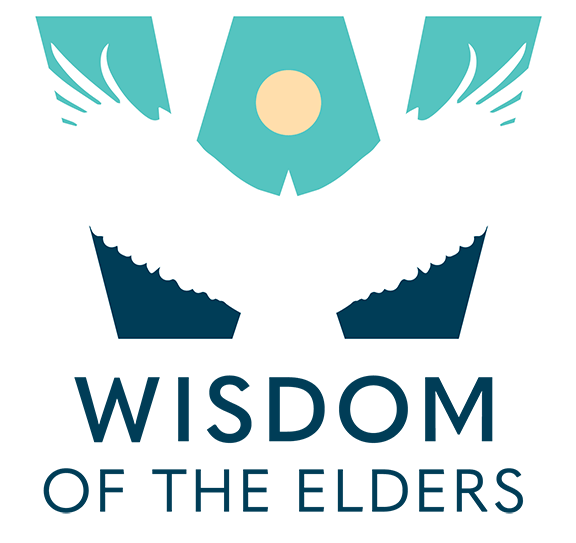Elder Wisdom:
Barbara Roberts features Shoshone elder Rusty Houtz who tells about the traditional travels of the Shoshone and the early coming of the horse which made hunting, gathering and traveling easier for the people. He relates childhood stories from the 20’s and 30’s about survival out in the country hunting rabbits and squirrels and gathering other wild foods.
Health and Healing:
Judy Bluehorse Skelton tells how tribes are healing by working with the animal kingdom as well as the plant world. She shares the role the Appaloosa horse is playing in the recovery and healing of Nez Perce culture and about tribal programs connecting disabled children and at risk youth with the Appaloosas. She discusses the importance of the Nez Perce wolf recovery program.
Tribal Rhythms:
Nico Wind, musician and Assiniboine horsewoman shares some of her favorite songs and stories that acknowledge the various roles of the horse in Navajo/Diné culture.
Taheebvu Chadi:
Judy Trejo tells a desert creation story of the flood and how Creator brought sagebrush to the desert people to help them survive. She shares a very old song about sagebrush. “And the Creator said, ‘As long as you believe in me, I will give you this plant. From this plant, you can boil the leaves and make medicine. You can take the bark and you can weave it into clothing. You can rinse your hair in it so it can shine…’”
Turtle Island Storytellers:
Hidatsa storyteller Victor Mandan tells the traditional Mandan story of the departure of the early horse from their nation and how the European returned hundreds of years later. “…One day, the camp crier got all the people in the village to come to the edge of the village. And he said, ‘Our little friend is leaving us.’ Standing on the edge of the woods, the horse told the people, ‘Do not cry for I will return. And when I come back, I will be much changed and you will not know me but those who keep the stories will know who I am. Remember I am the one who eats the grass. When I come back, I will be tall as a man and swift as the wind. I will be strong to carry much on my back, maybe two or three men or maybe heavy packs. I will be gone for a while, but I will come back. Don’t forget me.’”
Host Arlie Neskahi artfully ties in the theme of the horse and the sacred geography of southwest cultures as shared by the Shoshone, Diné, Paiute, Nez Perce and Mandan peoples.

